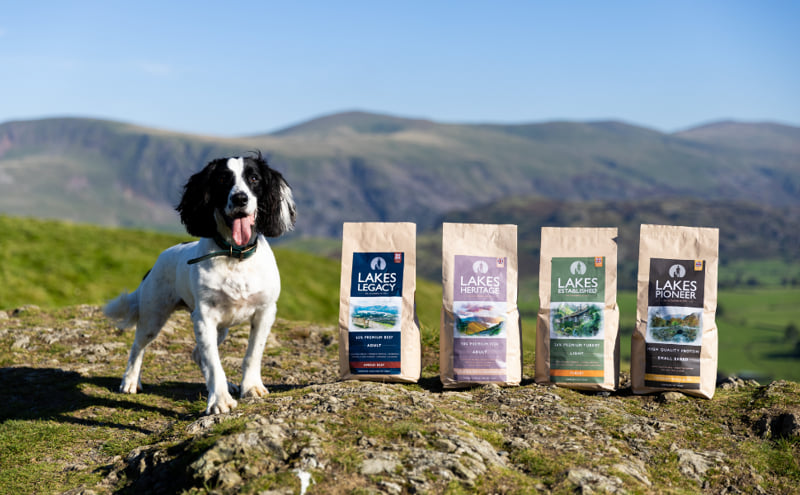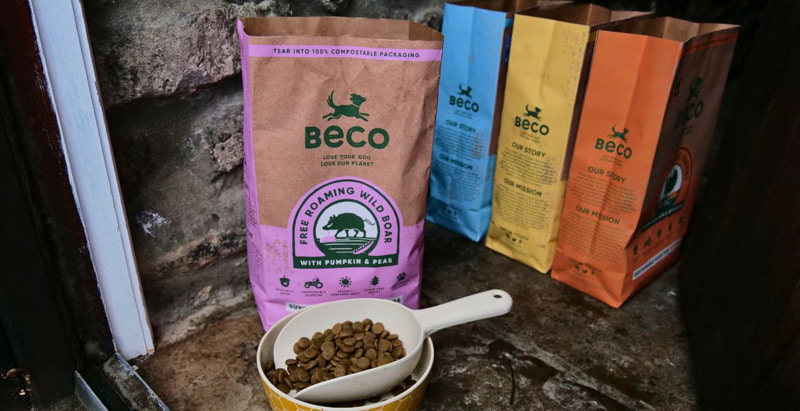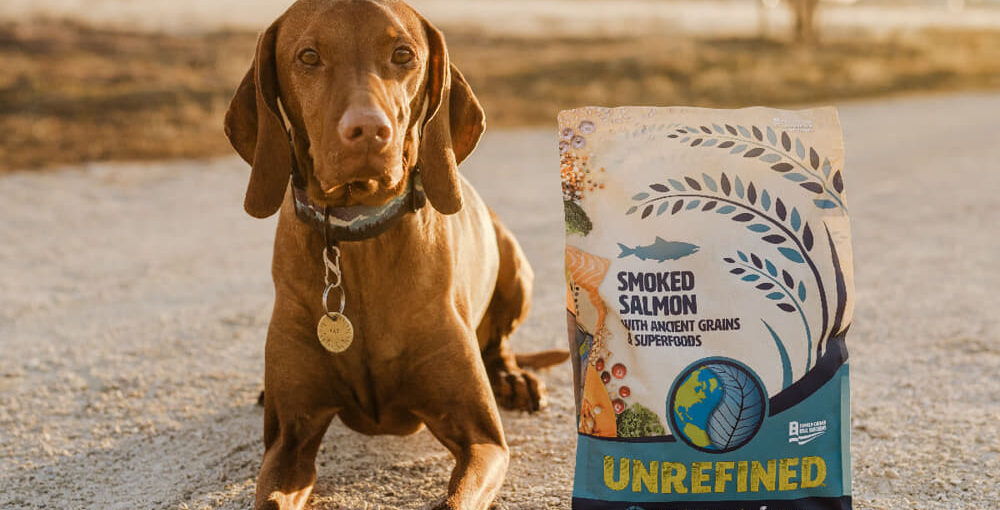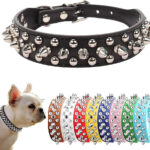Caring for your dog’s health goes beyond daily walks and regular vet visits. Nutrition plays a vital role in ensuring your furry friend’s overall well-being. For dogs with food sensitivities or allergies, hypoallergenic dog food offers a tailored solution to improve their quality of life. This article explores the benefits, uses, and tips for incorporating hypoallergenic food into your pet’s diet, helping them thrive with fewer health challenges.
Understanding Hypoallergenic Dog Food
Hypoallergenic dog food is specially formulated to reduce or eliminate allergic reactions caused by common dog food ingredients. It typically avoids allergens like wheat, soy, dairy, and artificial additives, focusing on novel protein sources and limited ingredients to minimize the risk of adverse reactions.
Some key features include:
- Novel Proteins: Ingredients like duck, venison, or fish that your dog may not have been exposed to.
- Hydrolyzed Proteins: Proteins broken down into smaller components that are less likely to trigger allergies.
- Grain-Free Options: Often free of grains that can cause digestive upset in sensitive dogs.
Signs Your Dog May Need Hypoallergenic Food
If your dog is experiencing any of the following symptoms, it may be time to consider switching to hypoallergenic dog food:
- Chronic Itching: Persistent scratching, licking, or biting at their skin or paws.
- Gastrointestinal Issues: Symptoms like vomiting, diarrhea, or excessive gas.
- Ear Infections: Frequent or recurring ear infections can be a sign of food allergies.
- Poor Coat Condition: Dry, flaky skin or a dull, brittle coat.
Consult your veterinarian to rule out other causes and determine if a hypoallergenic diet is the right choice for your pet.

Benefits of Hypoallergenic Dog Food
Switching to hypoallergenic dog food can have a transformative impact on your dog’s health. Here are some key benefits:
- Improved Digestion: A simpler ingredient list reduces the likelihood of digestive upset.
- Healthy Skin and Coat: Reduces inflammation, itching, and allergic reactions, promoting a shiny, soft coat.
- Fewer Allergic Reactions: Limits exposure to common allergens, providing relief from symptoms.
- Better Energy Levels: A more suitable diet can lead to improved vitality and happiness.
- Enhanced Immunity: Balanced nutrition supports a strong immune system, helping your dog fight off illnesses.
How to Transition to Hypoallergenic Dog Food
Switching to hypoallergenic dog food requires a gradual approach to ensure your dog’s digestive system adapts smoothly:
- Mix Gradually: Start by mixing 25% hypoallergenic food with 75% of their current food for 3-4 days.
- Increase Proportion: Gradually increase the percentage of hypoallergenic food over 7-10 days.
- Observe Changes: Monitor your dog for improved symptoms and watch for any digestive discomfort during the transition.
Patience is key, as it may take several weeks to notice significant improvements in your dog’s health.

Choosing the Best Hypoallergenic Food
Not all hypoallergenic dog foods are created equal. Here’s what to look for:
- Limited Ingredients: Choose formulas with fewer ingredients to make identifying potential allergens easier.
- High-Quality Proteins: Ensure the primary ingredient is a novel or hydrolyzed protein source.
- No Artificial Additives: Avoid foods with artificial colors, flavors, or preservatives.
- Vet Recommendations: Opt for brands approved by veterinarians for optimal safety and effectiveness.
Popular brands offering reliable hypoallergenic options include:
- Royal Canin Hypoallergenic: Formulated with hydrolyzed proteins and essential nutrients.
- Hill’s Prescription Diet z/d: A trusted option for food sensitivities.
- Blue Buffalo Basics: Limited-ingredient recipes featuring high-quality proteins.
Common Myths About Hypoallergenic Dog Food
Despite its growing popularity, there are several misconceptions about hypoallergenic dog food:
- Myth 1: It’s only for dogs with severe allergies.
- Reality: Even dogs with mild sensitivities can benefit from reduced allergens in their diet.
- Myth 2: Hypoallergenic food is expensive.
- Reality: While initial costs may be higher, it often saves money in reduced vet visits and treatments.
- Myth 3: All grain-free dog food is hypoallergenic.
- Reality: Not all grain-free options are hypoallergenic, as they may still contain other allergens like chicken or dairy.
Understanding these distinctions can help you make informed choices for your dog.

Additional tips for controlling allergies
While diet is crucial, combining it with other care practices can enhance your dog’s overall health:
- Regular Grooming: Frequent baths and brushing help remove allergens from your dog’s skin and coat.
- Environmental Adjustments: Minimize exposure to household allergens like dust mites or pollen.
- Supplements: Omega-3 fatty acids can support skin health and reduce inflammation.
- Vet Check-Ups: Routine visits ensure your dog’s allergies are managed effectively.
Track results
After switching to hypoallergenic dog food, track your dog’s progress:
- Symptom Reduction: Look for improvements in skin condition, digestion, and energy levels.
- Behavioral Changes: A happier, more active dog is a great sign of dietary success.
If symptoms persist, consult your veterinarian to explore additional options or tests for underlying issues.
Dog food is hypoallergenic and long-lasting health
Incorporating hypoallergenicfood into your pet care routine is not just a short-term solution—it’s an investment in your dog’s lifelong health. By addressing food sensitivities early, you can prevent more serious complications down the line, ensuring your dog stays comfortable, active, and happy.
Choosing hypoallergenic dog food is a thoughtful decision that can significantly enhance your dog’s well-being. By understanding their unique needs and providing tailored nutrition, you’re taking an essential step toward improving their quality of life.
With proper guidance, a gradual transition, and consistent monitoring, hypoallergenic food can be the key to a healthier, allergy-free future for your beloved companion.
Refer to some related product lines:
Hill’s Jerky Strips Mini Beef Jerky – Healthy
Healthy Plant-Based Dog Treats Bundle for Sensitive Dogs – Organic
Why Stewart Freeze Dried Healthy Pups Variety Pack is Perfect for Sensitive Dogs”





